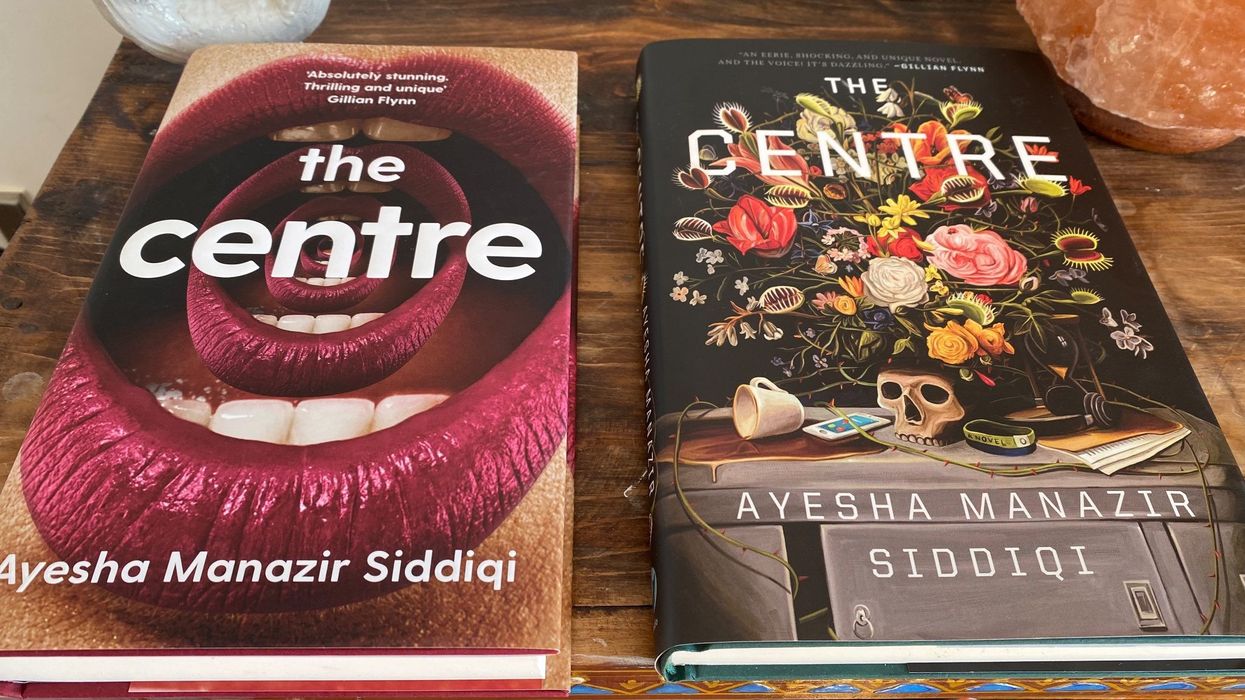A LOT of stories with South Asian protagonists will usually tread on tried and tested paths that lead towards story troupes that would have been covered before in some way. But this boundarybreaking book steers away down an unknown road filled with surprises, interesting twists and unexpected pitstops.
London-based Anisa is a translator in an unfulfilling job and largely living off a generous allowance given by her parents. When her ‘bland’ white boyfriend learns to speak Urdu seemingly overnight, she finds out he was able to do it after attending an elite invite only 10-day program, which guarantees fluency in any language. She gets seduced by the possibility to learn fluent German, but soon realises the language school is not all it seems and may have a sinister cost.
This cross-continental page-turner is best appreciated with little knowledge of what will happen next. The accomplished debut novel offers up an intriguing story, while tackling multiple themes that includes identity, conformity, class, friendship, and trauma.
A strong start and believable characters immediately hook you into an often surreal world created by the clearly talented author. This slow descent into darkness has plenty of suspense and mystery. There is also relatability in many of the situations, bonds between characters and emotions.
The book also has some surprising moments of humour and scratches the surface of some important issues.
Although the book does lose momentum in the middle section, it rolls around towards a satisfactory conclusion. There are some random elements that weren’t really needed, and a deeper dive couldn’t have been taken on some issues.
That doesn’t stop this from being one of the most original books published this year. It will likely leave you wanting more and makes this author one to look out for.




